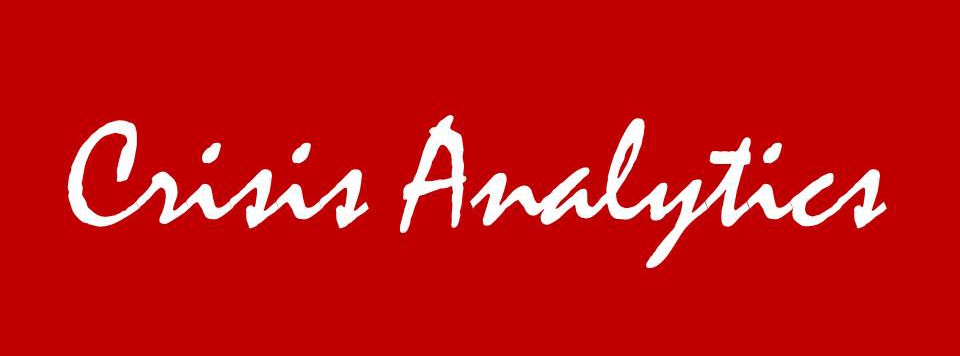If there is something that gives confidence to professionals dealing with issues management or a crisis is knowledge of the situation and a continuous flow of reliable information. In the time of a crisis, knowledge and information are power as they enable all involved parties in an organization to make the best decisions in a short period of time. If someone thinks that a media monitoring tool is more than enough to deal with a crisis then big surprises are on the way.
The bigger an organization gets, the more important intelligence and information management becomes. Having examined different approaches on this issue, my suggestion is the integration of intelligence cycle management into the processes of an organization and more specifically into the crisis management plan. The intelligence cycle management refers to the overall activity of guiding the intelligence cycle, which is a set of processes used to provide decision-useful information (intelligence) to leaders. The cycle consists of several processes, including planning, collection, processing and exploitation, analysis and production, and dissemination and integration. Someone might say that this process of intelligence cycle management refers to political or military organizations but a lot of policies or manuals of political theory have been incorporated into the corporate practice, e.g. The Prince by Nicolo Machiavelli, The Art of War by Sun Tzu, von Clausewitz’s On War and so on.
In order to avoid any misunderstandings, we are not talking about Business intelligence of Competitive Intelligence. My approach focuses on a centralized process of intelligence along the lines of an organization’s activity. The coordination of intelligence process, especially in the preparedness phase or pre-crisis phase, might prove invaluable when the crisis occurs. A few examples might be helpful. Every division or business unit makes a stakeholder mapping that is usually useful for its activity. A commercial division makes lists with key people in big commercial customers or industry associations, the Strategy or Regulatory team connects with official authorities, the Corporate Affairs and the Public Affairs teams connect with stakeholders in media, local authorities and so on but is there any centralized process to collect information, analyze it, disseminate it and act based on this information?
Let’s go a step further and imagine that an organization has a process which demands from all divisions their regular feedback on an issue that might evolve into a crisis based on credible sources of the market, their industry, the government, media etc. This organization would have, first, broad and deep knowledge of the external environment, second, strong alliance with stakeholders, third, the mechanism to influence key stakeholders when the crisis emerges and collect necessary information.
The most important thing is to have the right information at the right time analyzed in the best possible way. As Gertrude Stein has said: «Everybody gets so much information all day long that they lose their common sense».
The basic elements in order have a successful intelligence management process are: commitment of the management and the involved teams, a coordinator who is member of the crisis management team and leader of the intelligence process, establishment of the intelligence process and integration into the organization’s management processes.
The opinions expressed in this article are those of the author, and they do not reflect in any way those of his various affiliations.


The author did hit on the important part of intelligence vs information, but I wish he/she would have expanded on the leader’s pre-identified information requirements. I have observed that this helps focus the staff in an emergency to give the leadership the intelligence needed without wasting thier time and efforts